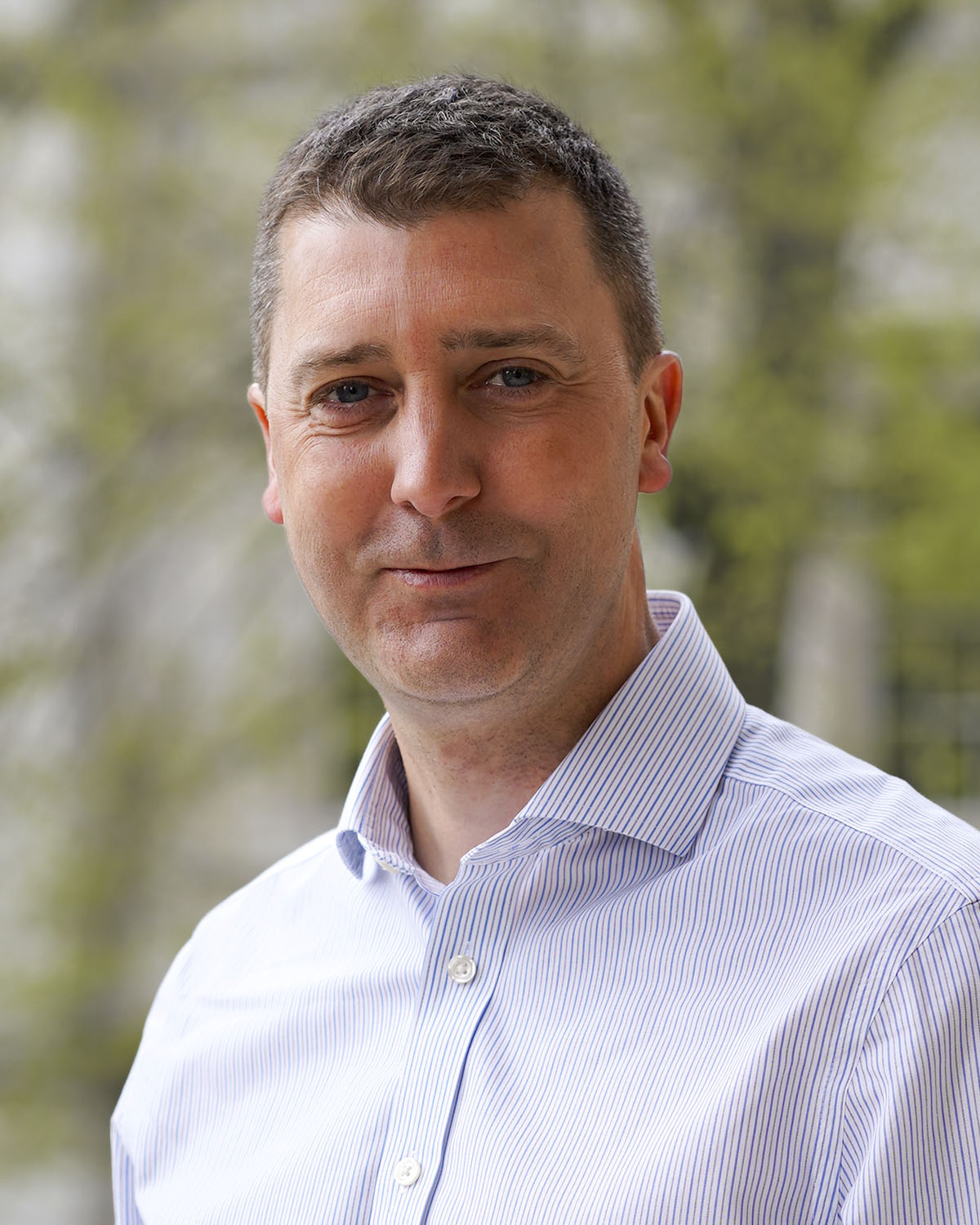Meet the shortlist: John Dubber

Meet the shortlist: John Dubber
Supporting, funding and empowering students’ unions.
I studied for an undergraduate degree in Politics at the University of Warwick, where I was also President of the Students’ Union. I spent the first part of my career working in senior policy and communications roles in local and regional government, also completing a part-time Masters in Public Management at the University of Birmingham. In 2011, I joined the British Council in as Head of Policy & External Relations. In this role, I led the organisation’s government and parliamentary relations, established its policy research programme and set up and ran its global young leaders programme. In 2019 I moved to a new role as Chief Executive of the Students’ Union at UCL. Since then, I have been leading a period of major renewal and development of the organisation, with the aim of making it one of the best students’ unions in the world. I have also recently undertaken an executive programme in Non-Profit Leadership at Harvard University.
I am responsible for the Students’ Union’s strategy, operations and finances, I am the main policy advisor for our team of elected Sabbatical Officers, and I ensure that we have a strong and effective relationship with UCL’s senior leadership team. The Students’ Union at UCL is unusual in the breadth of our activity. As well as all the usual students’ union functions such as representation, cafes, bars, clubs, societies, and advice, we also lead all the extracurricular sport, music, drama and volunteering at the university. As Chief Executive, I am therefore responsible for overseeing much of UCL’s extracurricular activities programme and delivering the exciting new Student Life Strategy that we have co-written with the University.
Working with the incredible young leaders that we have in the students’ union, empowering them to be effective leaders and influencers, and supporting them to be able to bring their policy priorities to life.
I am a huge believer in the positive role that students’ unions can play in supporting students, fostering a stronger sense of community and belonging, and leading fantastic extracurricular programmes. Yet, I have often seen that they are undervalued and poorly understood across the sector, with their unique and powerful role being eroded. At UCL, the university have been brilliant in supporting the SU and empowering us to lead on many of these areas, I would like to encourage other universities to be as forward thinking and ensure that student life is genuinely student-led. I believe that more support and investment in students’ unions could be transformational for the experience of students and for the sector as a whole.
Finding the time to sit down to research and write it. I have a really busy job and a young family, so carving out the time to think and write was a bit of a challenge!
That students’ unions can be universities’ most powerful tools in improving the student experience, increasing student community and belonging, and helping tackle many of the challenges facing students today. There is no need to reinvent the wheel by developing a myriad of university led schemes in these areas. It is much more effective to properly support, fund and empower students’ unions.
